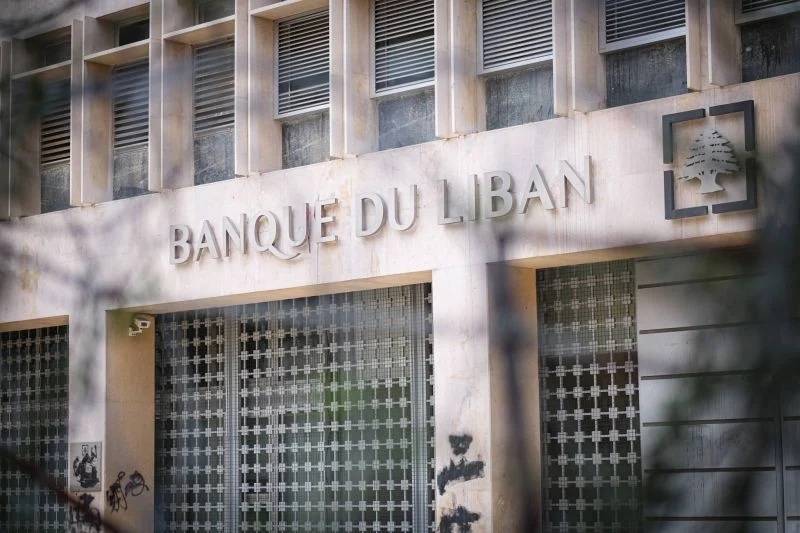
The Banque du Liban headquarters in Beirut. (Credit: João Sousa/L'Orient Today)
BEIRUT — It appears that at least some taxes and fees, except for customs, will convert from the official exchange rate of LL1,500 to a new rate of LL15,000 Tuesday, according to a Finance Ministry spokesperson, who said an official announcement could arrive Monday evening. The news is not confirmed pending such an announcement.
The move comes alongside the long-delayed 2022 budget that will finally be published in the Official Gazette Tuesday, a Finance Ministry spokesperson has told L’Orient Today. The budget will become effective upon publication unless it gets caught up in legal challenges.
The publication of the budget comes slightly over seven weeks after it was passed by Parliament in September and with only six weeks left in the year for which the budget is valid.
The budget cannot be applied retroactively to the period before it came into force, former Finance Ministry Director General Alain Bifani told L’Orient Today.
Still, the 2022 budget could continue to have an impact on state finances into 2023 via a principle known as the “12-month rule,” which stipulates that for each month of the new year that passes without an updated budget, the government can spend one-twelfth of the annual amount allocated in the last approved budget. This rule would apply until a 2023 budget comes into force.
A ministerial meeting on the 2023 draft budget was held at the end of last month.
The seven-week delay in publishing the budget appears to be a combination of factors. Finance Ministry staff need to integrate amendments made by Parliament into the text, which usually takes “a couple of days,” according to an economist at the ministry who spoke on condition of anonymity because they were not authorized to speak to the press.
“Today with the shortage of staff it [was] not unusual that it [took] more time,” the economist added.
The budget was also not signed by former President Michel Aoun before the end of his term on Oct. 31, meaning it had to wait to come into effect automatically after a period of one month from when it landed on his desk earlier that same month.
“The president didn’t sign the budget law before he left because there was a constitutional violation,” said a spokesperson for Aoun. “The budget law requires closing of accounts,” he said, which entails auditing how money was spent over the past year. “So [Aoun] left [the budget], but did not send it back to Parliament.”
Besides being greatly delayed, the 2022 budget was also criticized by many observers for what they considered inadequacies in its accounting, such as the use of multiple exchange rates between the lira and the US dollar.
A report last month by local think tank The Policy Initiative said “figures in the budget are devoid of meaning, rendering the exercise of formulating and passing a budget effectively worthless.”
Passing a 2022 budget was a condition set by the International Monetary Fund for a bailout agreement. In a late September visit, an IMF delegation said it was now necessary for the Lebanese government to pass a credible 2023 budget.